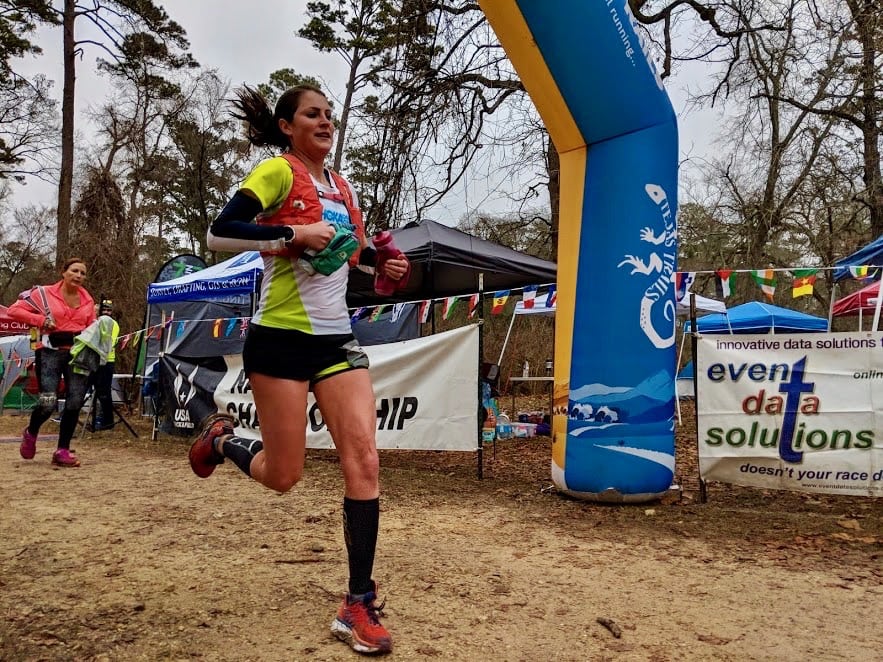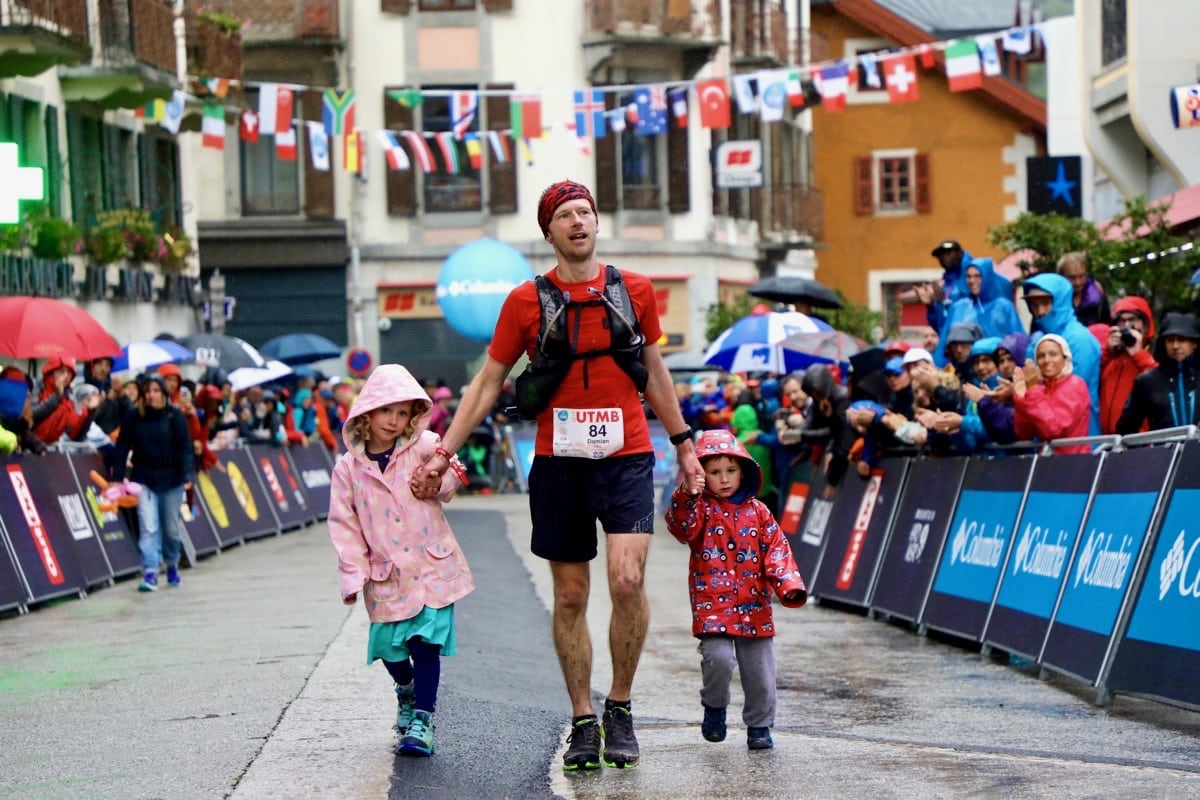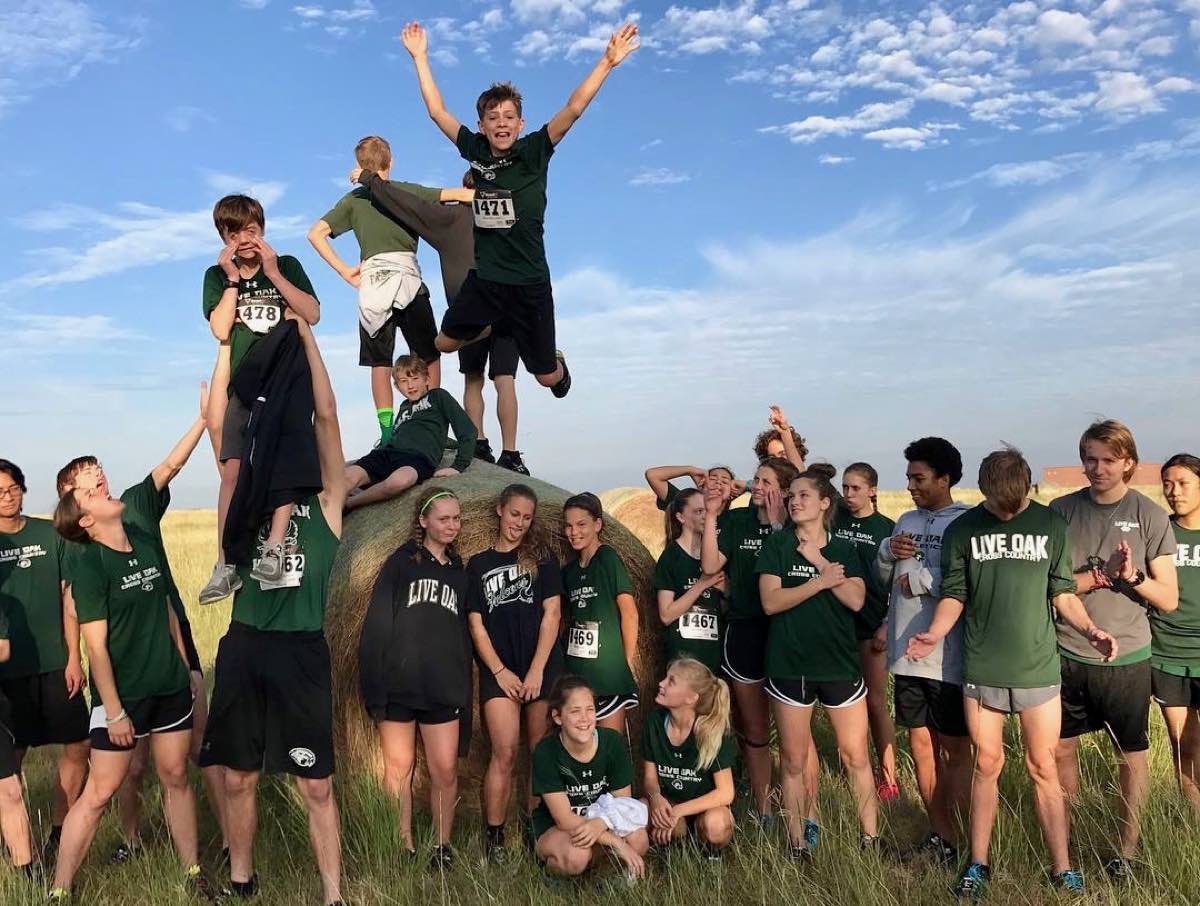When I coached youth track, I noticed a pattern.
On days when athletes met their racing goals, parents and coaches congratulated them and attributed the successes to the athletes. For example: “You are brave!” “You did it!” “Great job being tough.” “Way to be patient!”
On days when athletes failed to meet their goals, we apologized and provided circumstantial reasons why the athlete was unsuccessful. For example: “It is hot outside!” “The track is wet.” “This week has been very busy for you.” “You had a big exam today.”
We identified agential reasons for their successes and situational reasons for their failures.
It was obvious why we did so. This was a human response to another’s disappointment. Consciously or not, we wanted to explain away our runners’ defeats so that they did not have to shoulder them. We wanted to alleviate their discomfort.
But even as I caught myself responding in these ways, I wondered about the developmental impact of doing so. I wondered whether we were setting athletes up to be accountable adults — adults who would not make excuses for the things within their control, and who would be answerable for their actions, the good ones and the bad ones.
The Concept
Accountability is an excellence of answerability. It is a relational virtue (1), and it involves taking responsibility and holding fast to commitments (2). Accountable people reliably meet the legitimate claims and expectations placed on them (3). They do not explain away failures. They own up to the things that are within their control and recognize the things that are not.
In distance running, this virtue has great relevance. I have written in the past about the accountability we have to coaches and to governing bodies of the sport (such as the World Anti-Doping Agency) (4).
But we are also answerable to our friends, families, and bosses — whose expectations for us may compete with expectations generated within the sport. Moreover, there is a sense in which we are answerable to ourselves — to act in ways that we know we ought, and to live with a clear conscience (5). Being excellent in accountability means being able to prioritize which claims and expectations are the most important at any given time.
Accountability is important in a sport that values community and the integrity of its participants. But becoming an accountable runner — and human — is hard. In what follows, I describe how we might develop this virtue.
1. Welcome Honesty
Earlier, I described a youth athletics phenomenon, in which parents and coaches were apt to explain away the poor performances of athletes as due to situational factors. To be clear, this is not just a youth phenomenon.
I often find myself in a rough state during races, crafting an exculpatory narrative for myself about why I will fail to meet my goals that day. (“It is raining!” “My breakfast was imprudent.” “This course is hillier than it appeared to be on the course map.”) I draw on situational reasons to placate myself and to explain away my failures.
When I am performing well, I don’t feel the same impulse to draw on situations. For example, I don’t point out that good weather or a manageable workload facilitated my successes. Realistically, both internal and situational features play a part in every race — the good ones, the bad ones, and the in-between ones. It is dishonest to tell myself a story that neglects either.
With these things in mind, my first suggestion for developing accountability is to be honest with ourselves about what is within our control and what is not. To the extent that we are able, it can be helpful to surround ourselves with people who will not explain away our failures.
Failing in running is just part of the process; we don’t need to make excuses for it.

A good day — Sabrina Little on her way to winning the 2018 Rocky Raccoon 100 Miler. Photo: USATF Mountain Ultra Trail Council/Richard Bolt
2. Practice Being Accountable
I do mean “practice.”
Too often, we carefully manage our training, plotting our progression over time. Yet, when it comes to our character, we throw up our hands like there is nothing we can do. We are stuck being this way! But this is one of the best features of virtues: They are open to us. We can acquire them.
Aristotle writes that we develop virtues in much the same way that we develop other skills, like building houses or playing instruments (6). We repeatedly do them until we are excellent at them. So, if I want to be more courageous or generous, I should perform courageous or generous actions until they define me in a stable way. And if I want to become more accountable, I should act accountably until “accountable” defines who I am.
There is no mystery to character development. In the same way that we can’t sit passively and hope for the best if we want to race well, virtues won’t develop by accident. We have to practice them.
3. Figure Out to Whom You Are Accountable
Earlier, I described accountability as a social virtue. We are accountable to our friends, families, running buddies, bosses, parents, and coaches. All of these relationships come with responsibilities and claims on our time and attention. But being accountable does not mean doing every single thing that is asked of us. Some of the things that are asked of us are unreasonable, and sometimes these claims are too many for one person. We are humans; we have limited time and energy.
Part of being an accountable person is knowing to whom we should answer, whether the claims on us are legitimate, and how to order our accountability relationships.
For example, a boss, a coach, and one’s children may all make a claim on your time on a Saturday morning. Maybe you are asked to work extra hours, complete a long run, and cheer at your kid’s soccer game. It is important to recognize which relationship is the most important, and to whom you ought to answer. Otherwise, you will probably just defer to whomever is the loudest or most demanding.
So, my final recommendation for growing in accountability is to figure out where your highest allegiance lies. Likely the priority of these relationships shifts from day to day, and season to season. Still, it is valuable to examine whose expectations you default to obeying.

Damian Hall and his children at the 2017 UTMB finish line. Managing work and parenting alongside running can make accountability more complex. Photo: iRunFar/Bryon Powell
Final Thoughts
Accountability is difficult, but it is also important. Thankfully, distance running can function as a laboratory for the development of this virtue. We can grow in accountability by being honest with ourselves, practicing the virtue (really practicing!), and learning to order our relationships suitably.
Call for Comments
- Do you try to practice accountability?
- Do you think this is an area in which you could improve?
References
- Stephen Evans (2023) Living Accountably: Accountability as a Virtue. Oxford University Press, p. 5.
- See Andrew Torrance (2021) Accountability as a Virtue. Studies in Christian Ethics, 34(3), 307–315 for a discussion of the difference between responsibility and accountability, and situations when both terms apply.
- Stephen Evans (2023) Living Accountably: Accountability as a Virtue. Oxford University Press, p. 3.
- I wrote about accountability in coaching relationships here: Accountability (2021) iRunFar.com. Web <https://irunfar.com/accountability>
- See C. Stephen Evans (2023) Living Accountably, Chapter 6 for a discussion of autonomy in Kant.
- Aristotle Nicomachean Ethics 2.4

